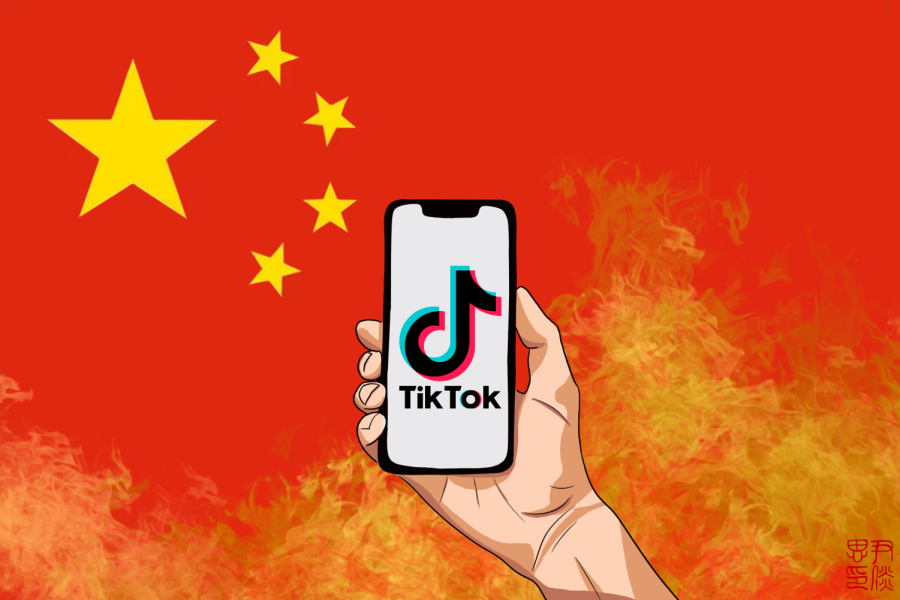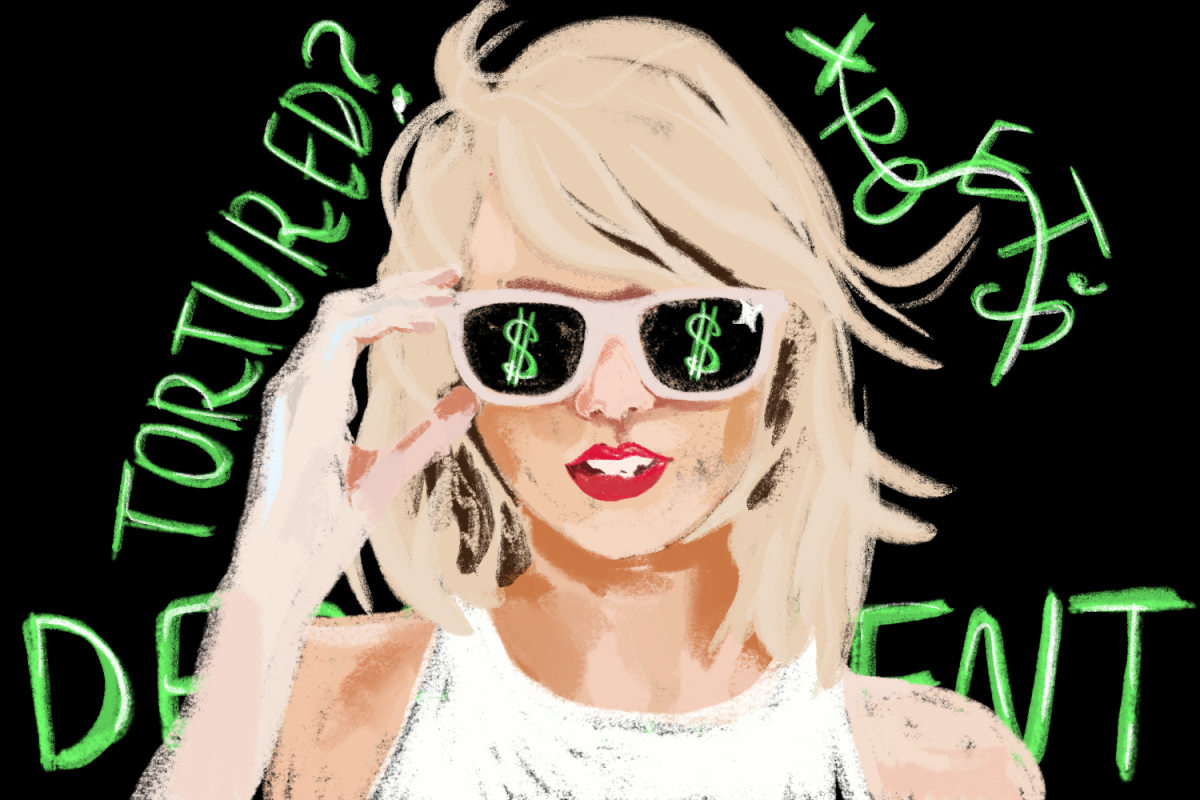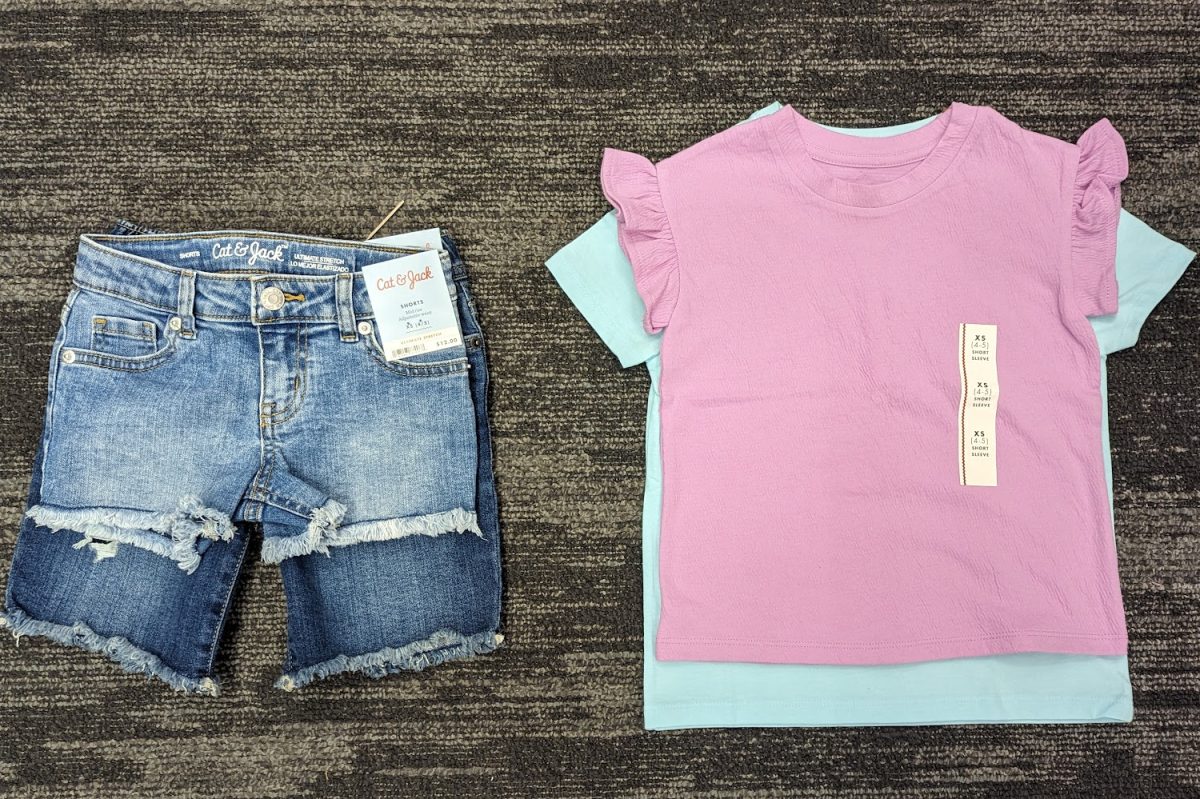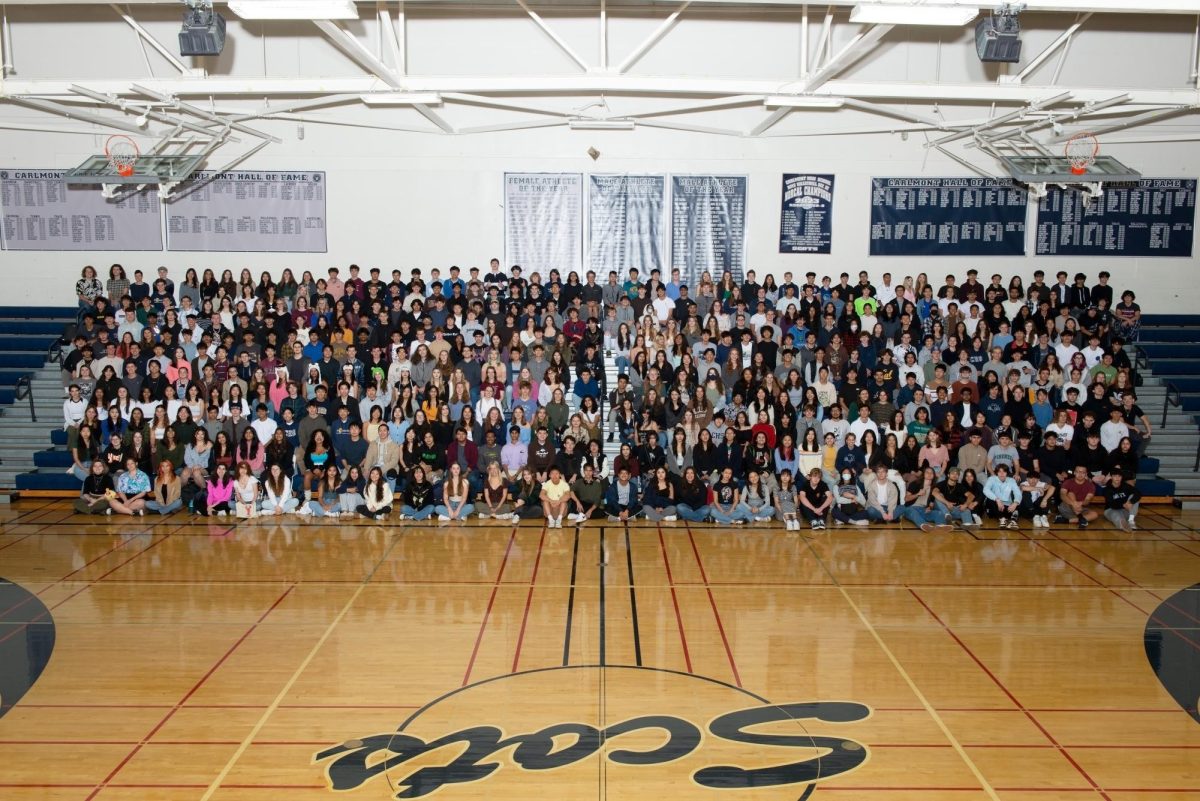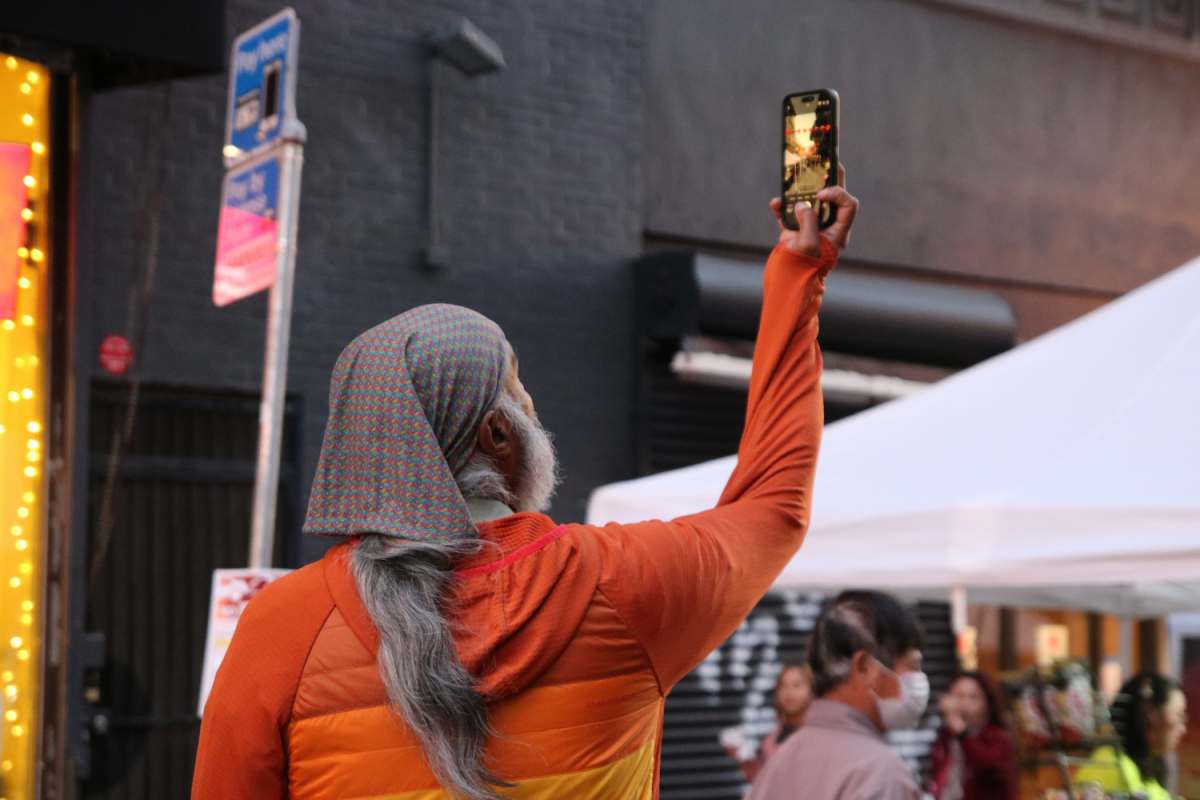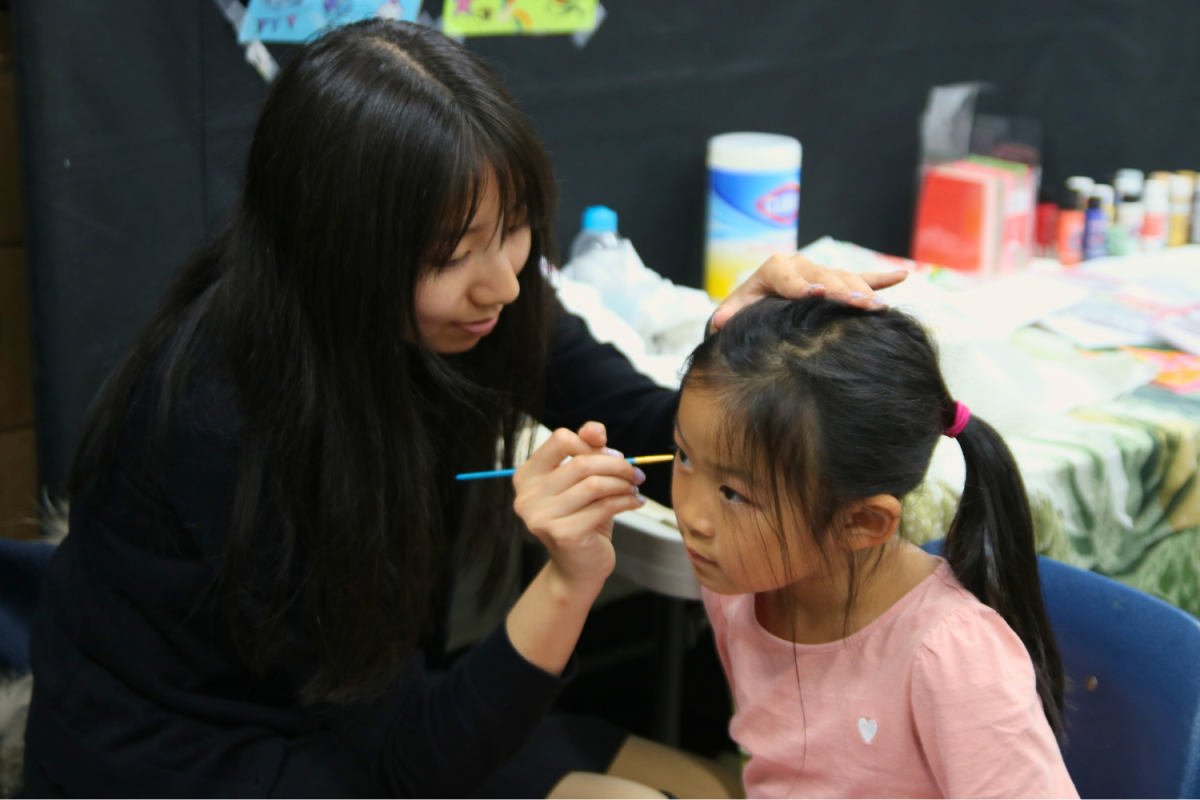Google, Meta, Apple, and Microsoft. For decades, America has dominated the global technology and social networking market.
Then came TikTok.
Launched in 2017 as a subsidiary of the Chinese company ByteDance, TikTok has taken the world by storm. According to Statista, it was the most downloaded app in 2022 and currently has more than 1.5 billion users.
Mounting concerns regarding TikTok’s data privacy and security have led Congress to renew efforts to ban TikTok nationwide, an initiative that first surfaced under former President Donald Trump in 2020.
While protecting Americans’ user data is certainly an important factor, motivations for the ban largely revolve around an exaggerated fear that all Chinese people are in cohorts with the Chinese government.
A Citizen Lab report reveals that when collecting data and tracking user behavior, TikTok is no different from other large social media platforms. Moreover, companies like Facebook, Google, and Snapchat all have deals with ad tech companies that sell user data. Why, then, is TikTok the only one being targeted?
It was never about data security but rather about who controls it.
Because of its monopoly on social media platforms, America had always held a technological advantage when it came to handling user data. Now that the Chinese Communist Party (CCP) might be behind the wheel of the world’s most popular social media platform, the dynamics have shifted, and the U.S. government is unhappy about it.
A report by Buzzfeed News in June 2022 shows that the concerns are not entirely baseless: a leaked audio recording from TikTok’s internal meetings revealed that ByteDance engineers in China had access to private data from users in the U.S. However, TikTok has repeatedly denied sharing U.S. data with the Chinese government, and there is currently no evidence to support these accusations.
In an effort to ease reservations about national security, TikTok has developed Project Texas, a plan that will transfer all handling of Americans’ user data to the Committee on Foreign Investment in the United States (CFIUS) instead of ByteDance, and partner with Oracle to ensure security regarding data flows.
Project Texas will eliminate the national security risks that the U.S. is worried about, but Congress is not appeased.
There is no doubt that TikTok is in need of heavy regulation regarding not just the data but also the content that reaches vast audiences on its platform. Other apps are just as much of a threat, though, so instead of targeting TikTok alone, perhaps a wider effort incorporating all social media platforms in the U.S. should be administered.
It seems that our government does place emphasis on prioritizing the protection of American citizens at all. Instead, it is too caught up in conjuring accusations regarding an individual’s association with the CCP.
On March 23, 2023, TikTok CEO Shou Zi Chew appeared before Congress in a hearing regarding the TikTok ban. However, rather than addressing the issues surrounding national security and data privacy, much of the discussion was underlined with blatant Sinophobia– that is, fear and distaste towards China, its people, and its culture.
Congress repeatedly targeted and grilled Chew with questions regarding Chinese propaganda, raising issues that did not have anything to do with the purpose of the hearing and speaking with condescension and disrespect. They wouldn’t even let Chew finish his sentences when attempting to defend himself and the app, and it is clear that they have already reached their own conclusions regarding TikTok and Chew as proponents of the Chinese government.
The cherry on top is that Chew isn’t even from China. He was born and raised in Singapore.
What happened to Chew in the trial hearing is only one example among countless Sinophobic instances that have become so common in our country. Chinese people, as well as other Asian minorities living outside the country, are being affected by the concern against the Chinese government.
Ever since COVID-19, xenophobic sentiment has continuously reared its ugly head. The same anti-China sentiment exhibited in Congress is what drove xenophobes to attack Asians in the streets.
It’s undeniable that the CCP has done (and is still doing) terrible things, but it would be hypocritical to negatively brand Chinese people based on what their government has done. Let’s not forget that the World War II Japanese internment camps happened less than a century ago, and to this day, the exploitation of prison labor is a thriving industry in the U.S.
My fellow Chinese and other innocent Asians who are getting dragged into this mess should not have to experience blatant xenophobia simply for our ethnic origins. We should be able to celebrate our culture and embrace our identity without bringing the CCP into the conversation.
China has incredible things to share with the world, but it is constantly suppressed in Western media. The world seems intent on marginalizing Chinese voices and dismissing our contributions as CCP propaganda.
That’s why, although TikTok needs heavy regulation, it should not be banned. If we continue intentionally erasing Chinese presence in pop culture, it will only foster more ignorance and unwarranted hate.

